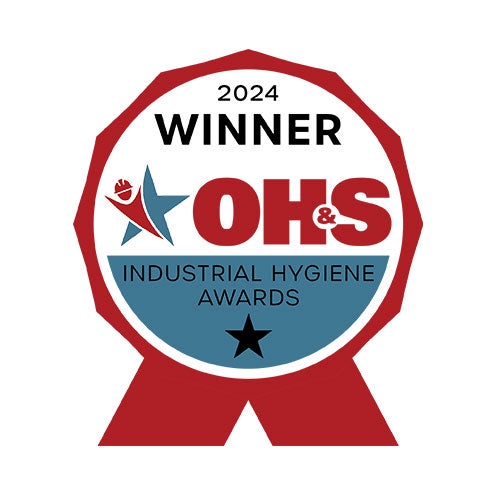Too many organizations today have fallen into a complacent — if not wholly jaded or cynical — attitude toward internal quality audits. The majority of organizations today seek to manage their audits holistically. This includes the financial domain and adhering to the requirements of the Sarbanes-Oxley Act (SOX), for instance. From this high-level view of internal auditing, quality audits appear to be only a small piece to the entire compliance puzzle. In practice, quality affects more functional areas of your organization than you may appreciate. Reinforcement of the benefits of conducting internal quality audits throughout the company will help promote quality practices.
Aligning Processes With Procedures
To reacquaint you with the purpose of conducting an internal quality audit, the following considerations are paramount. First, internal quality audits allow you to juxtapose the real-world, day-to-day practices of your quality management processes against your documented policies, objectives, and procedures. A widely used adage in the quality management profession states that internal quality audits seek to ensure that you are actually doing what you said you are going to do to manage quality and to satisfy regulatory requirements.
A deeper look into the purpose of conducting an internal quality audit reveals further insight. As previously mentioned, internal quality audits allow you to measure real-world practice against the ideal procedure. This technique provides a means to evaluate quality management processes, pinpoint potential areas of improvement and (hopefully) yield cost-effective solutions.
Top Benefits of Conducting Internal Quality Audits
Along those lines, internal quality audits are intended to help you:
- compare your documented quality management procedures versus real-world practices
- locate deficiencies in quality management processes
- flag potentially serious issues that can lead to non-compliance penalties
- identify potential opportunities to eliminate waste (a key facet of lean manufacturing)
- initiate corrective and preventive actions (CAPA) and remediation of nonconformances
- verify that your CAPA have been completed effectively and on time
- recommend ways to further optimize your company’s quality management and compliance practices to lower cost of quality
Audits Act As an Agent of Change
Most importantly, from a qualitative perspective, internal quality audits are an indispensable agent of change for a manufacturer that coordinates operations on a global scale. Again, the issue of complacency comes into the equation. Too many organizations today continue to struggle with gleaning real-world value from internal quality audits. Some experts claim that quite often, companies view internal audits as a necessary evil, a mere means to satisfy a regulatory end. If planned, implemented, evaluated, and reviewed correctly, internal quality audits can add true value to an organization’s quality management processes.
To improve your internal quality auditing, you must keep in mind the external and internal pressures that have shaped quality management and compliance mandates over recent years.












